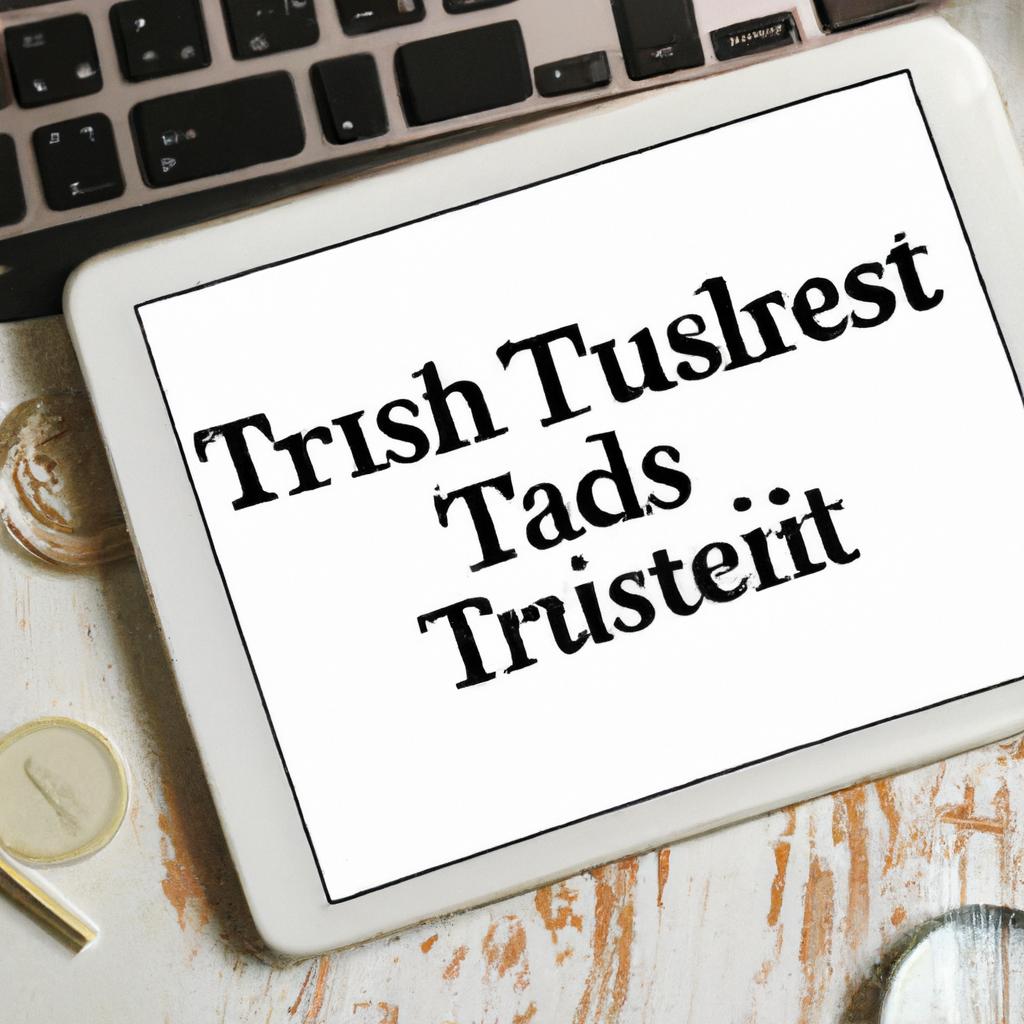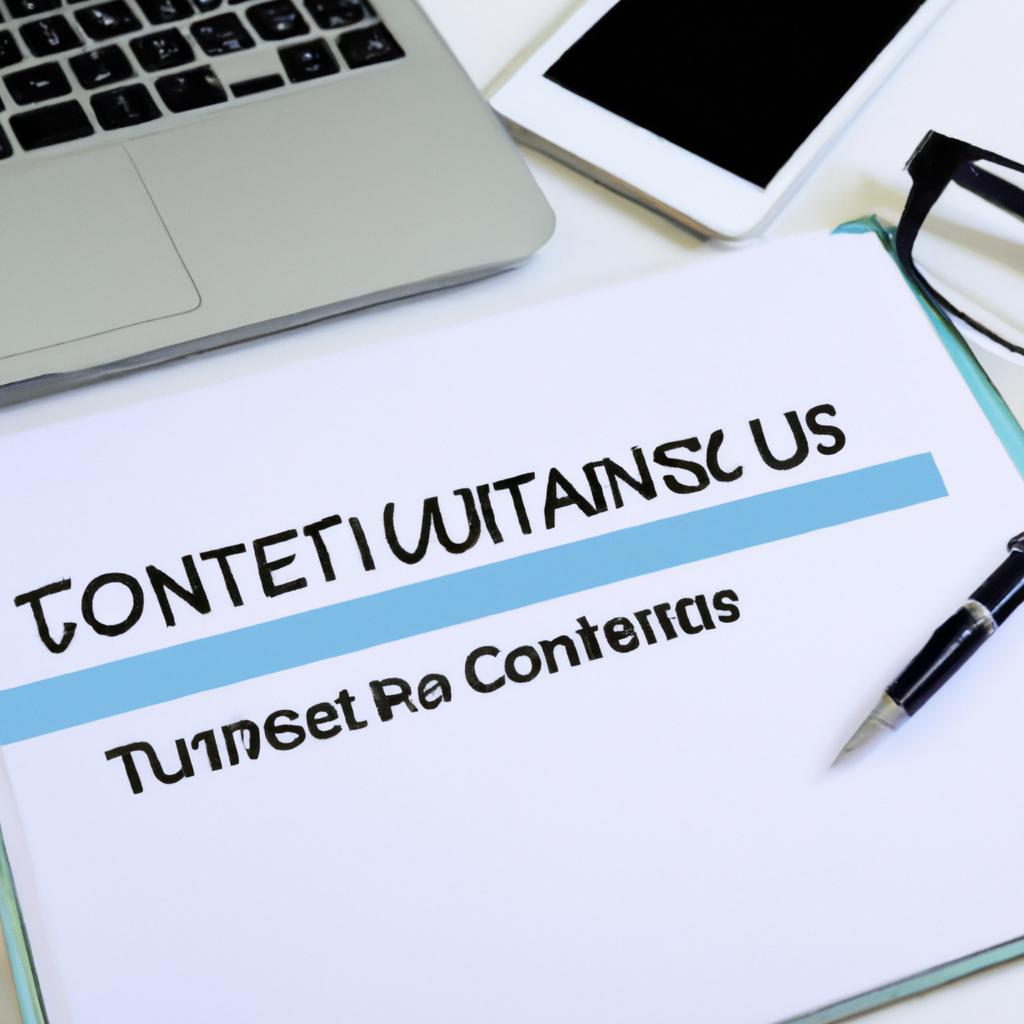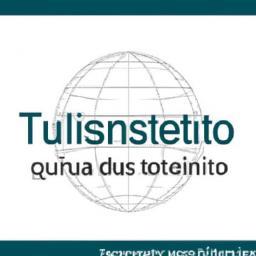In today’s digital age, the concept of trust has expanded beyond the traditional realm of face-to-face interactions. As experienced attorneys at Morgan Legal Group in New York City, we have witnessed the rise of online trusts as an essential tool in modern estate planning. With the increasing importance of digital assets and online presence, it is crucial for individuals to consider how to protect and preserve their online legacy through the establishment of online trusts. In this article, we will delve into the intricacies of online trusts, discussing their benefits and potential pitfalls, and providing guidance on how to navigate this evolving legal landscape.
Key Considerations for Establishing Online Trusts
When establishing online trusts, there are several key considerations that must be taken into account to ensure the trust is legally sound and secure. It is crucial to carefully select a reputable online platform or service provider that specializes in trust creation and management. Look for platforms that offer secure encryption, data protection measures, and robust authentication processes to safeguard sensitive information.
Additionally, it is important to thoroughly review and understand the terms and conditions of the online trust service. Ensure that the platform adheres to all relevant legal requirements and regulations governing trusts. Consult with a qualified legal professional to ensure that the trust document is properly drafted and executed in accordance with state laws. By carefully considering these factors, you can establish an online trust that provides peace of mind and security for your assets and beneficiaries.

Understanding the Legal Implications of Online Trusts
When it comes to establishing online trusts, it is crucial to fully comprehend the legal implications that come with this modern form of estate planning. Online trusts, also known as digital trusts, present unique challenges and considerations that should not be overlooked. These digital instruments come with their own set of rules and regulations that must be carefully navigated to ensure that your assets are properly protected and distributed according to your wishes.
One key aspect to consider when setting up online trusts is the jurisdiction in which the trust will be governed. Different states have varying laws and regulations surrounding trusts, so it is important to consult with a legal professional to determine the most advantageous jurisdiction for your specific circumstances. Additionally, it is essential to address digital assets such as cryptocurrency, social media accounts, and online financial accounts in your trust document to ensure that they are accounted for and managed appropriately. By working closely with an experienced estate planning attorney, you can rest assured that your online trust will be established in compliance with all applicable laws and regulations.

Best Practices for Safeguarding Online Trusts
When it comes to managing online trusts, it is crucial to implement best practices to ensure the security and integrity of these important legal documents. Here are some key strategies to help safeguard online trusts:
- Use strong encryption: Encrypting the data within the online trust platform can help prevent unauthorized access to sensitive information.
- Implement multi-factor authentication: Adding an extra layer of security with multi-factor authentication can help ensure that only authorized individuals can access the online trust.
- Regularly update security measures: Stay vigilant and update security measures regularly to protect against new threats and vulnerabilities.
| Best Practice | Description |
|---|---|
| Regularly update security measures | Stay vigilant and update security measures regularly to protect against new threats and vulnerabilities. |
| Use strong encryption | Encrypting the data within the online trust platform can help prevent unauthorized access to sensitive information. |

Ensuring Compliance and Security in Online Trust Administration
When it comes to online trusts, ensuring compliance and security is paramount. Trust administration in a digital world requires careful planning and implementation to protect the assets and interests of beneficiaries. This includes utilizing secure platforms, implementing encryption measures, and following regulatory guidelines.
One key aspect of online trust administration is the importance of transparency. Trustees must keep accurate records, communicate effectively with beneficiaries, and adhere to fiduciary duties. By prioritizing compliance and security in online trust administration, individuals can have peace of mind knowing their assets are being managed effectively and securely.
Q&A
Q: What is an online trust?
A: An online trust is a legal agreement where one party entrusts their assets or information to another party for safekeeping or management over the internet.
Q: Why would someone consider creating an online trust?
A: Creating an online trust can provide peace of mind, ensure the security of one’s digital assets, and facilitate the management and distribution of those assets in the event of incapacity or death.
Q: How secure are online trusts compared to traditional trusts?
A: Online trusts can offer the same level of security as traditional trusts, as long as proper precautions are taken to safeguard sensitive information and ensure compliance with data protection regulations.
Q: What are some common types of assets that can be included in an online trust?
A: Online trusts can include a wide range of assets, such as cryptocurrency, digital media, online accounts, intellectual property, and personal data.
Q: Are online trusts recognized in all jurisdictions?
A: While the legal recognition of online trusts may vary depending on the jurisdiction, many countries have enacted laws that allow for the creation and enforcement of online trusts.
Q: How can someone create an online trust?
A: To create an online trust, individuals can work with a legal professional or use online platforms that offer trust creation services, ensuring that all legal requirements are met.
Final Thoughts
In a world where digital interactions have become the norm, building online trust is essential for fostering authentic connections and safeguarding personal information. By employing mindful and transparent communication, we can create a more reliable and secure online environment. Let’s continue to cultivate trust in the digital sphere, one interaction at a time. Remember, trust is the currency of the internet, and it’s up to us to protect and nurture it. Thank you for reading and stay safe online!
 Online Trusts: What They Are and How They Can Benefit You
Online Trusts: What They Are and How They Can Benefit You
In today’s digital age, more and more people are turning to online platforms for various services, such as banking, shopping, and communication. While these advancements have made our lives easier, they have also brought about the need for secure and reliable methods of managing our digital assets and sensitive information. This is where online trusts come into play.
An online trust is a legal document that allows individuals to manage and protect their digital assets and information after their death or incapacitation. Similar to a traditional trust, an online trust provides a designated person, known as a trustee, with the authority to manage the assets held within the trust according to the instructions outlined by the trust creator.
With the growing concerns over online privacy and security, more and more people are seeking ways to protect their digital assets and information. In this article, we will delve into the world of online trusts, what they are, how they work, and the benefits they offer.
What Assets Can Be Held in an Online Trust?
One of the most common misconceptions about online trusts is that they are only meant for protecting financial assets. However, online trusts can hold a wide range of digital assets, including:
– Social media and email accounts
– Digital photos and videos
– Online subscriptions and memberships
– Cryptocurrencies and digital wallets
– Intellectual property rights, such as patents and copyrights
– Online bank accounts and investment portfolios
– Digital documents, such as contracts and agreements
The range of assets that can be held in an online trust is vast and continues to grow as technology expands. This makes online trusts a versatile tool for managing and safeguarding a person’s digital footprint.
Benefits of Online Trusts
There are several advantages to creating an online trust. Let’s take a closer look at some of the key benefits that online trusts offer.
1. Enhanced Privacy and Security
One of the main reasons people choose to create an online trust is to protect their privacy and security. By having a designated trustee to manage their digital assets, individuals can ensure their sensitive information and online accounts are not left vulnerable in the event of their death or incapacitation. This can prevent the risk of identity theft or unauthorized access to personal and financial information.
2. Smooth Transition of Digital Assets
In today’s world, many people have substantial digital assets that hold both financial and emotional value. Without proper planning, these assets may not be transferred smoothly to loved ones or beneficiaries after an individual’s death. Online trusts allow individuals to designate specific instructions for the management and distribution of their digital assets, ensuring a smooth transition and reducing the burden on loved ones.
3. Avoid Legal Complications
Without a legally binding document in place, managing and distributing digital assets after an individual’s death can become complicated and may even go through a lengthy legal process. An online trust ensures that the assets are managed and distributed according to the creator’s wishes, avoiding potential conflicts and legal complications.
How to Set Up an Online Trust
Creating an online trust may seem like a daunting task, but it is a relatively straightforward process. Here are the necessary steps to set up an online trust:
1. Determine Your Digital Assets
The first step in creating an online trust is to determine what digital assets you want to include in the trust. This can include items such as online accounts, digital documents, and cryptocurrencies.
2. Choose a Trustee
Selecting a trustworthy and reliable trustee is vital for the success of an online trust. This individual will have the responsibility of managing your digital assets according to your wishes.
3. Create the Legal Documents
To create an online trust, you will need to draft legal documents, such as a trust agreement and a will. These documents will outline your instructions for managing your digital assets and distributing them to beneficiaries.
4. Store Your Documents Safely
It is crucial to ensure that your online trust documents are stored securely. Consider using a digital storage service or storing physical copies in a safe location.
Tips for Managing Your Online Trust
Once you have set up your online trust, it is essential to regularly review and update it as needed. Here are some tips for effectively managing your online trust:
– Keep a record of all your digital assets and their login information in a secure location.
– Update your trust documents regularly with any changes in your digital assets.
– Review your digital assets and instructions for management and distribution periodically.
– Notify your trustee and loved ones of the existence and location of your online trust documents.
Incorporating an Online Trust into Your Estate Plan
Creating an online trust should be seen as a crucial part of one’s overall estate planning. Just like a traditional trust, an online trust can help individuals protect their assets, plan for their beneficiaries’ future, and avoid potential conflicts or legal complications.
For those who already have a traditional trust in place, it is crucial to ensure that digital assets are explicitly included in the trust documents. If not, creating an online trust can provide the necessary protection for these assets.
Real Life Example: The Case of Joe Doe
Joe Doe, a successful entrepreneur, had amassed a considerable fortune through his online business ventures. He was meticulous in managing his assets and always prioritized the protection of his sensitive information. When Joe passed away, his family was left with the daunting task of managing his vast digital assets.
Fortunately, Joe had created an online trust that clearly outlined instructions for managing and distributing his digital assets. This trust not only provided peace of mind to Joe while he was alive, but it also ensured a smooth transition of his digital assets to his loved ones after his death.
In conclusion, as we continue to immerse ourselves in the digital world, it is crucial to protect our digital assets and personal information. Online trusts offer a practical solution for managing and safeguarding these assets, providing peace of mind and protecting the interests of both individuals and their loved ones. By incorporating an online trust into your estate plan, you can rest assured that your digital assets are protected and managed according to your wishes.

